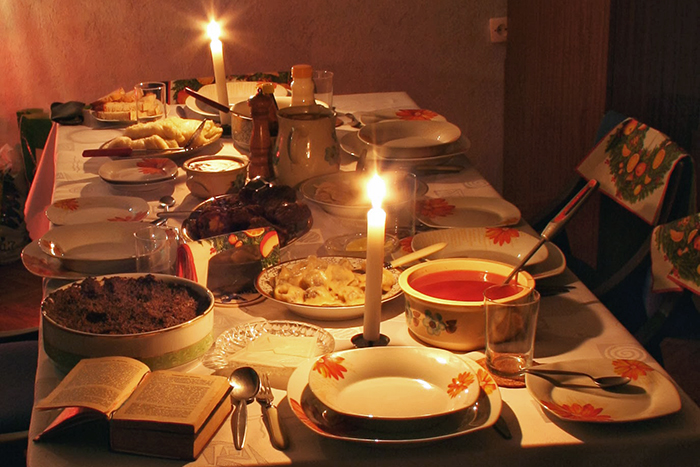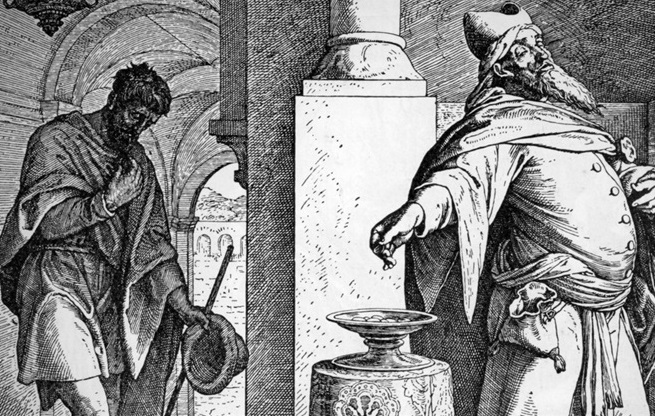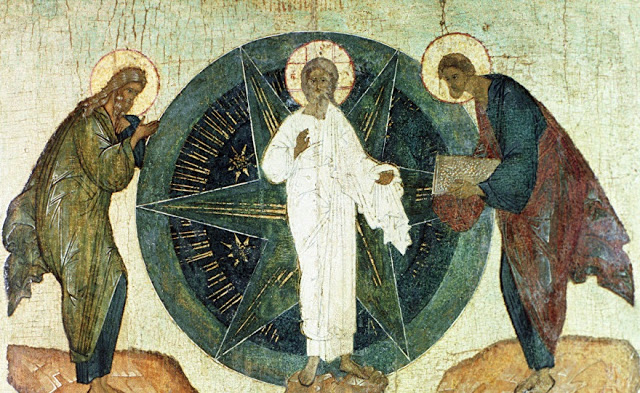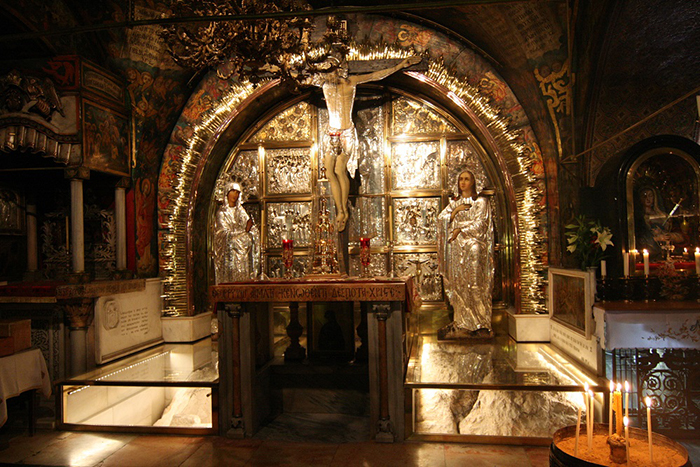
Forgiving is one of serious tests for people. Very serious, because at the moment a person forgives, he can become like Christ.
In general, becoming like Christ, the desire to do something to be a little like Christ, is one of the most important understandings of our Christian life path.
Because we can hardly be like Christ if we just eat not meat food, but lenten. What is so special about this?
It is unlikely that we will be very similar to Christ if we simply perform long worships.
It is unlikely that we will be like Christ if we just read very, very many prayer rules, canons, and so on.
But forgiveness is one of the few difficult, uneasy deeds that allows us to be like Christ.
Why? Because to really forgive someone is taking over his sins and nothing else. It means simply taking his sin upon yourself, as Christ did. He simply took the sins of the world upon Himself, and therefore He atoned for these sins.
And to forgive a person – in a sense, is to do the same as Christ did. It is to take sin upon yourself. It is to experience it with yourself, your heart, your own life, atone for it, take responsibility for it. That is, to remove responsibility for this sin from another person, taking all the blow on yourself. And that is why to forgive is very difficult.
Well, we, of course, understand that when we come to church on Forgiveness Sunday, for us it is in a sense a dramatic action – very emotional, very serious, very important, but nonetheless, we understand that it’s easy to ask for forgiveness from someone who is not guilty towards you — within a parish — and it’s so easy to forgive someone who hasn’t done something bad to you. But the experience itself is very emotional, fulfilling, it makes many women cry.
Still, the essence of this day is deeper. It is not only about experiencing forgiveness as purification and liberation, although this, of course, is felt by every person. But to take forgiveness as a cross, to live with it further in life. To take this forgiveness upon ourselves as a principle of our life, as a principle of attitude towards people, as a principle of attitude towards those whom we love and offend and whom we resent.
And it’s also important – towards someone we don’t love or don’t even want to think about.
If we are making progress in it, then we enter the Great Lent with proper feelings.
What You Can and Can’t Do
“What you can and can’t do” – it is not an issue of Christian life; but of the Old law.
Of course, many of us would like a strict regulation to make it clear what is possible and what is not, how it is right, how it is wrong, and in general, not to think about anything and not to worry so much.
My matushka expressed a wonderful, very accurate thought, she says: “Modern Christians today need a new Old Testament.” Indeed, it turns out that when we come to the Church, when we prepare for fast, when we understand our way of life as the life of Orthodox people, it is most important for us to understand by what law, by which rules they live here.
And we are always looking for something what Christ freed us from – the law. And all the time we are afraid of what He has given us – freedom.
So, when a person enters the Great Lent, especially if he has started doing it not so long ago, for him the main issue of fast becomes: “What I can and can’t do? What are the rules of fasting? How does these rules relate to our lives? How can I fast by the rules?” Because, if you fast by the rules, it means you fast properly. And if you ate something wrong, then your fast failed.
It seems to me that these people who think so before the beginning of the Lent do not understand the main thing. Of course, fast as a discipline is necessary. It requires a certain discipline, a certain framework that would help a person to navigate, do something for a certain running start, in order to work out a step in his life, which will then help him to walk easily and quickly. But everyone understands the meaning of fast in his special way.
I always try to think of fast as a kind of sacrifice. And for me it is very important for it to really be some kind of reasonably accepted and understood sacrifice, when I try to change myself, first of all, for the sake of God.
Then for me this fast, non-eating, abstinence from food, limitation in something – is also a kind of sacrificial service, and not training of “what I can do” – whether I can manage to fast by the rules or I cannot do it. Actually, I don’t really care what to eat, just like many other people. Generally speaking, if I want, I can arrange such delicious Great Lent for myself, without violating anything, that you could only envy. Or during the Lent, upon coming to some family’s house, I may eat chicken, completely not paying attention to it.
What Does It Mean to Violate Fast?
At first, I didn’t perceive this: how could it be possible, it’s a real violation of fast. And then I suddenly realized that it didn’t matter. Whether you ate a chicken during the Lent or you did not eat a chicken during the Lent. The main thing is different, the main thing is how you sacrifice yourself for this fast, how you bring yourself to God, in which form. And if you eat this chicken at some people’s house who have simply forgotten that you fast or haven’t known that you fast, and you don’t pay attention to it, manage not to confuse people with “No, thank you, I’m fasting!”, then there’s nothing to worry about.
Because for me the words of the Apostle Paul are very important; he says: “The kingdom of God is not meat and drink; but righteousness, and peace, and joy in the Holy Ghost” (Romans 14:17). I believe these are the main words that should be understood by us during the Great Lent.
If during the Lent we try to find it – joy and peace in the Holy Ghost – then we will succeed.
Translated by The Catalogue of Good Deeds
Source: https://www.pravmir.ru/maslenitsa-trepet-radost-i-trevoga-pered-nachalom-dolgogo-puti/



